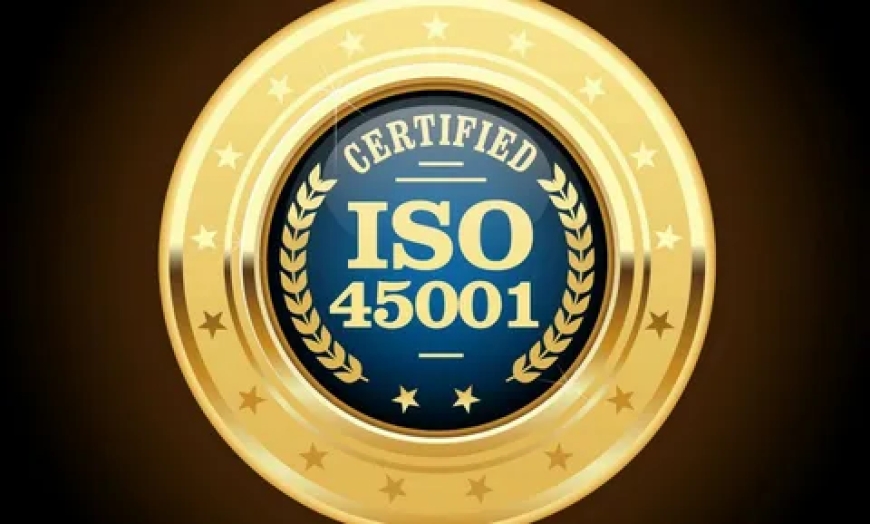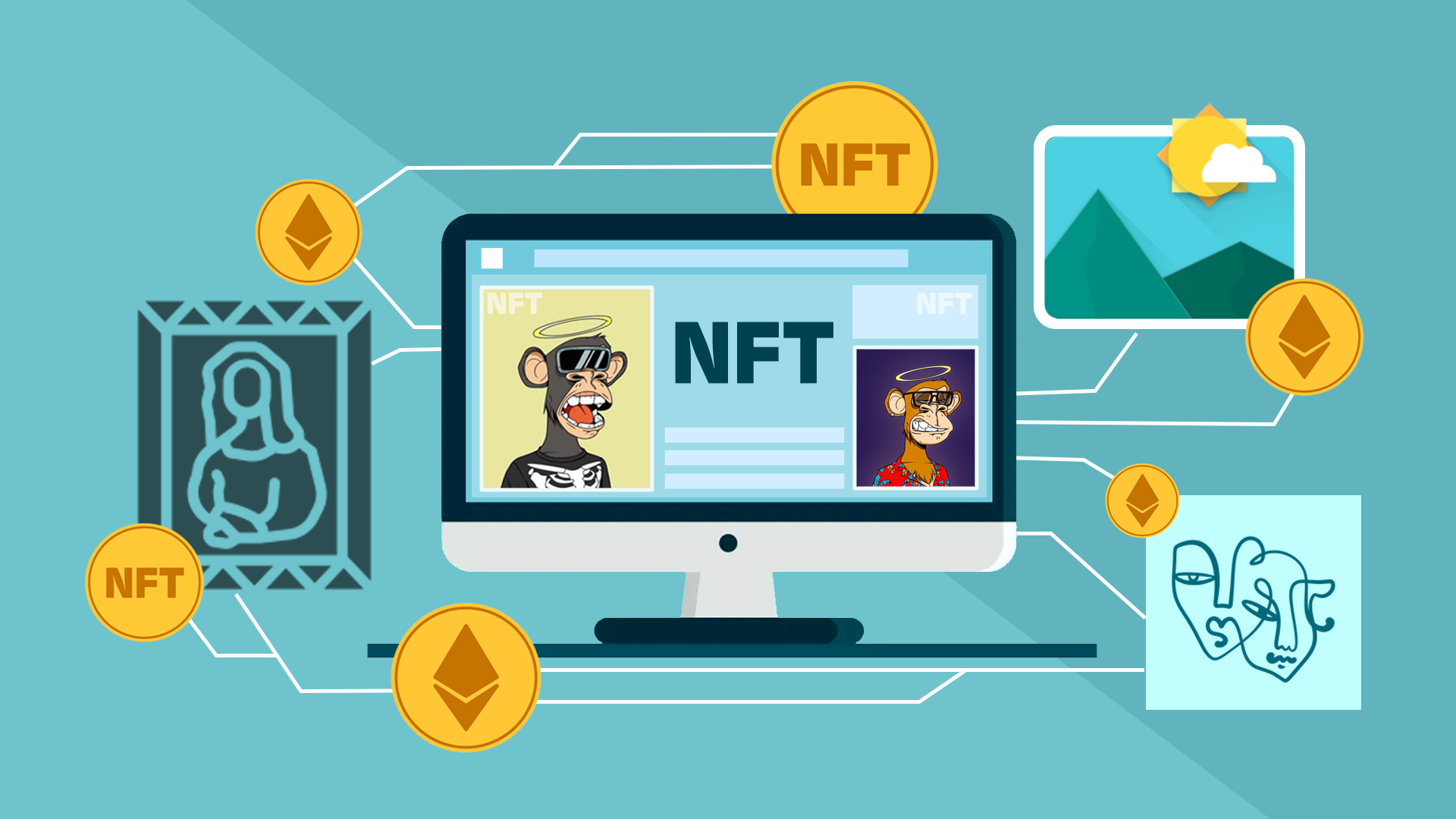Work Safe, Lead Strong: Why ISO 45001 Certification Matters More Than Ever
Let’s face it—in today’s fast-paced, high-pressure business environment, workplace safety can’t be an afterthought. If you want to run a business that’s resilient, responsible, and respected, then ISO 45001 certification is your golden ticket. It’s not just about ticking boxes. It’s about creating a safe, thriving environment where your team can do their best work.

Table of Contents
-
Introduction
-
Understanding ISO 45001 Certification
-
What is ISO 45001?
-
Why It Was Developed
-
-
The Business Case for ISO 45001
-
Building a Safer Workplace
-
Legal and Regulatory Advantages
-
Employee Morale and Productivity
-
-
The ISO 45001 Certification Process
-
Step 1: Gap Analysis
-
Step 2: Planning and Implementation
-
Step 3: Internal Audit and Review
-
Step 4: Certification Audit
-
-
ISO 45001 vs Other Standards
-
ISO 45001 vs ISO 9001
-
ISO 45001 vs ISO 14001
-
ISO 45001 vs OHSAS 18001
-
-
Who Needs ISO 45001 Certification?
-
Small Businesses
-
Large Enterprises
-
High-Risk Industries
-
-
Benefits Beyond Compliance
-
Cost Savings
-
Brand Reputation
-
Global Market Access
-
-
Challenges and Misconceptions
-
Common Roadblocks
-
Misunderstanding the Standard
-
-
Choosing the Right Partner
-
ISO Certification Services in the UK
-
Why Experience Matters
-
Introduction
Lets face itin todays fast-paced, high-pressure business environment, workplace safety cant be an afterthought. If you want to run a business thats resilient, responsible, and respected, then ISO 45001 certification is your golden ticket. Its not just about ticking boxes. Its about creating a safe, thriving environment where your team can do their best work.
Understanding ISO 45001 Certification
What is ISO 45001?
ISO 45001 is an international standard for occupational health and safety management systems (OHSMS). It helps businesses proactively improve employee safety, reduce workplace risks, and create better, safer working conditions.
Why It Was Developed
Before ISO 45001, different countries had their own frameworks. ISO 45001 brings global consistency, replacing OHSAS 18001 and aligning with other ISO standards like ISO 9001 and ISO 14001.
The Business Case for ISO 45001
Building a Safer Workplace
At its core, ISO 45001 is about preventing injuries and saving lives. It gives businesses a clear, practical path to identify risks, implement controls, and continuously improve their safety culture.
Legal and Regulatory Advantages
By aligning with ISO 45001, your business is better equipped to meet national and international safety regulations. That means fewer legal headaches and smoother inspections.
Employee Morale and Productivity
Want engaged employees? Keep them safe. ISO 45001 fosters trust and transparency, making your team feel valuedand that translates directly to better performance.
The ISO 45001 Certification Process
Step 1: Gap Analysis
Start by assessing where your organization currently stands. This initial audit helps you identify weaknesses in your current safety processes.
Step 2: Planning and Implementation
Create a roadmap. Train your staff. Put processes in place to manage risks and monitor incidents. This is where the magic begins.
Step 3: Internal Audit and Review
Before bringing in an external body, conduct your own internal checks. Fix any issues. This gives you a strong foundation for formal certification.
Step 4: Certification Audit
Bring in an accredited certification body. Theyll evaluate your system against ISO 45001 requirements. If you pass, you get certified.
ISO 45001 vs Other Standards
ISO 45001 vs ISO 9001
ISO 9001 focuses on quality management. ISO 45001 zeroes in on health and safety. Together, they form a powerhouse system for organizational excellence.
ISO 45001 vs ISO 14001
ISO 14001 is about environmental management. ISO 45001 is about people. But they both encourage continuous improvement and responsible practices.
ISO 45001 vs OHSAS 18001
OHSAS 18001 is now outdated. ISO 45001 is more comprehensive, risk-based, and aligned with modern ISO structures.
Who Needs ISO 45001 Certification?
Small Businesses
Think its only for giants? Think again. Small businesses benefit from streamlined safety procedures and stronger customer trust.
Large Enterprises
With large teams and complex operations, big companies have more risks to manage. ISO 45001 offers scalable solutions.
High-Risk Industries
Construction, manufacturing, healthcareif your business has significant occupational risks, this certification is essential.
Benefits Beyond Compliance
Cost Savings
Fewer accidents = less downtime, lower insurance premiums, and minimal compensation claims.
Brand Reputation
ISO 45001 shows customers, partners, and investors that youre committed to safety. It builds trust.
Global Market Access
For businesses eyeing international expansion, ISO 45001 opens doors. Many global contracts now require it.
Challenges and Misconceptions
Common Roadblocks
Some businesses worry about the cost or time commitment. But with the right support, implementation can be smooth and cost-effective.
Misunderstanding the Standard
ISO 45001 isnt just a document checklist. Its a culture shift. Its about embedding safety into the DNA of your operations.
Choosing the Right Partner
ISO Certification Services in the UK
There are many ISO certification services in the UK. Look for one with a solid track record, real industry experience, and strong after-support.
Why Experience Matters
Certification isnt just paperwork. Its strategic. Go with a partner who understands your industry and can guide you every step of the way.
Final Thoughts
In a world where safety, accountability, and resilience are more important than ever, ISO 45001 certification is more than a standardits a statement. It says your business values people, plans for risks, and leads with purpose. So dont wait for a wake-up call. Be proactive. Work safe. Lead strong.
FAQs
1. How long does it take to get ISO 45001 certified?
It depends on your business size and existing systems. On average, it takes 36 months from planning to certification.
2. Is ISO 45001 mandatory?
No, but its highly recommendedespecially if you operate in high-risk industries or want to improve your market position.
3. Can ISO 45001 be integrated with other standards?
Absolutely. It works seamlessly with ISO 9001, ISO 14001, and ISO 27001.
4. What happens during the certification audit?
An accredited auditor reviews your documentation, interviews staff, and checks how well you meet ISO 45001 requirements.
5. Do small businesses really need ISO 45001?
Yes! Even small companies benefit from better safety practices, legal protection, and boosted credibility.
Sponsored article: The Ultimate Guide to the Top 10 Offshore Software Development Companies in 2025



























